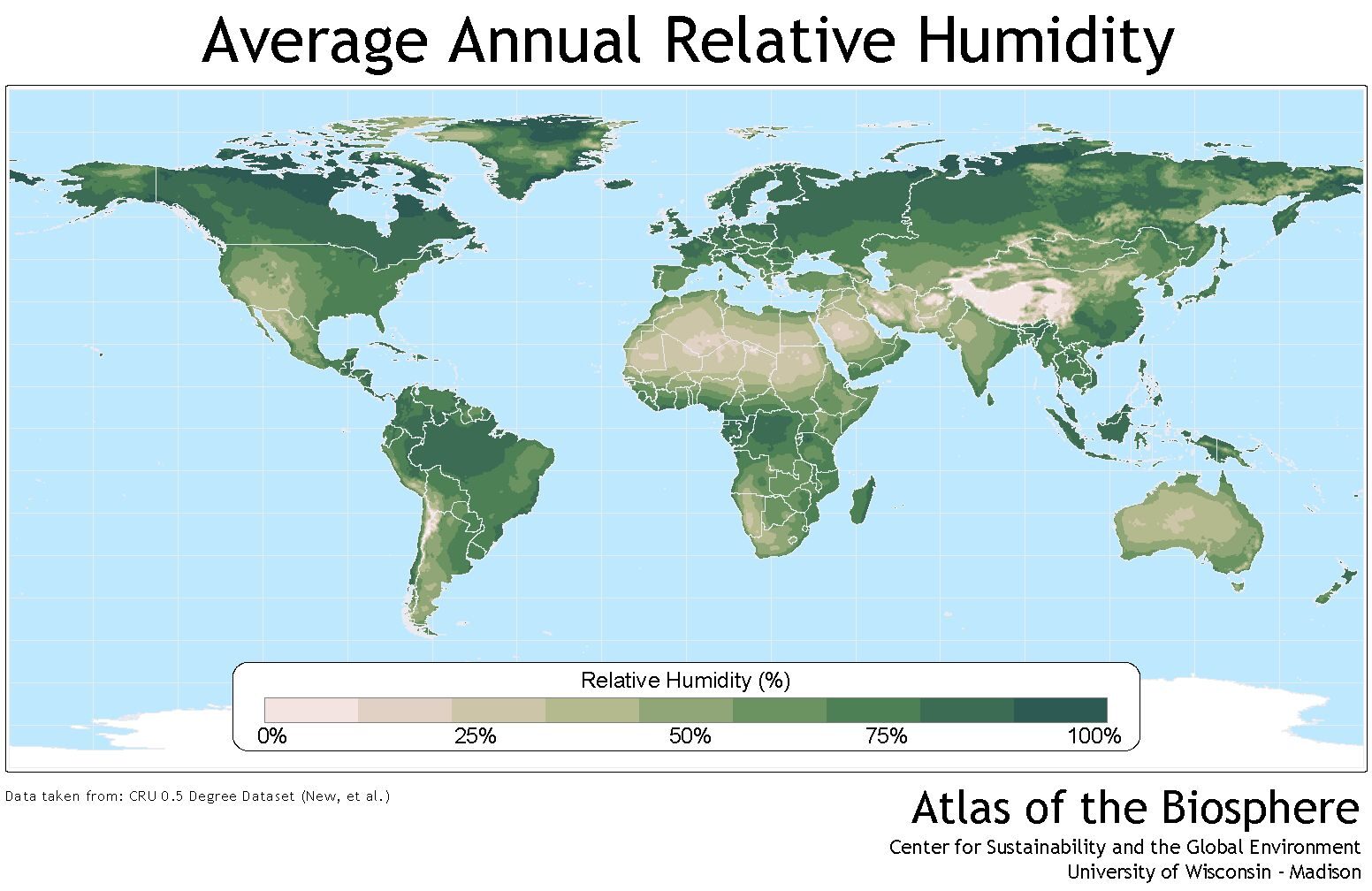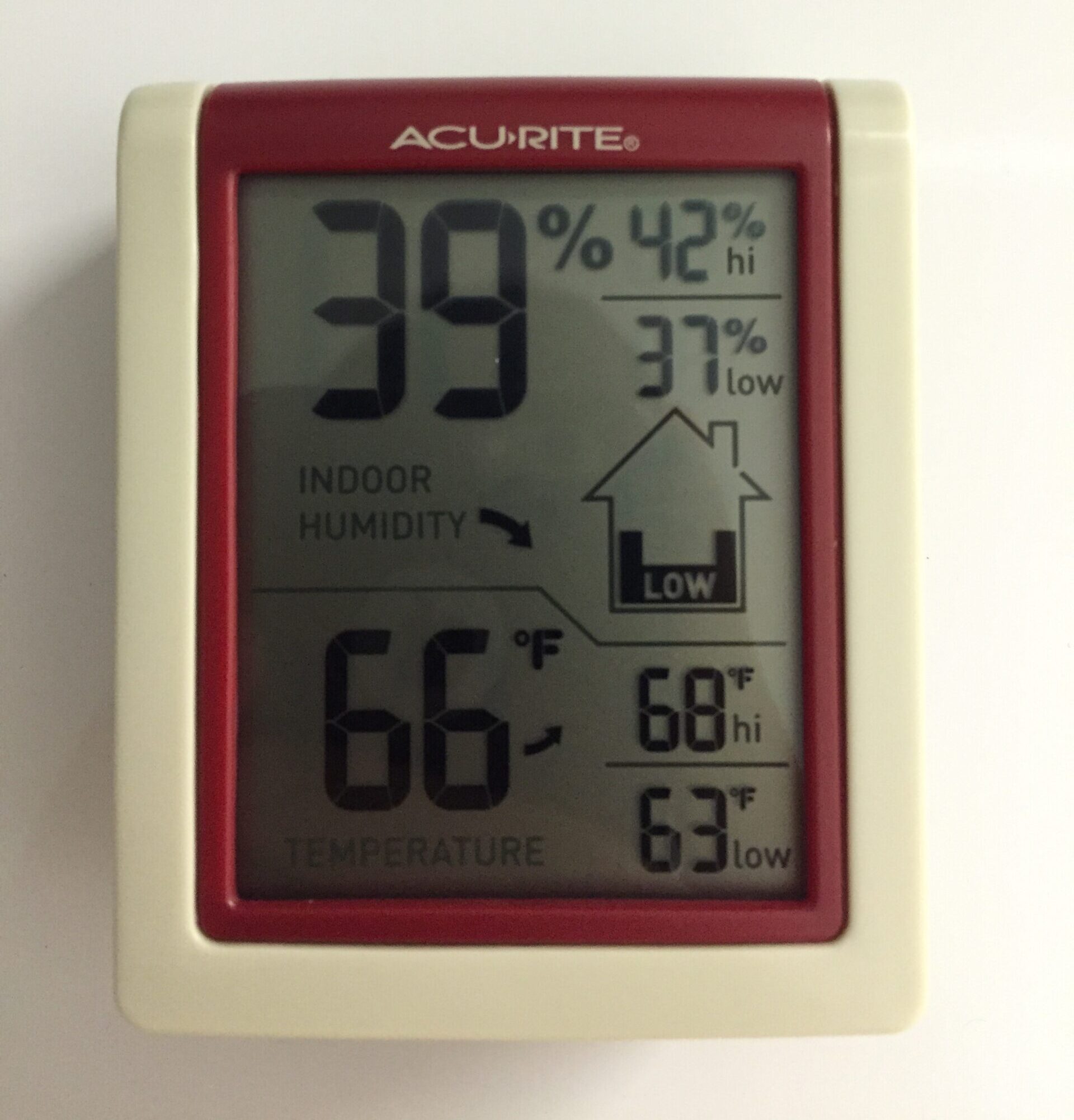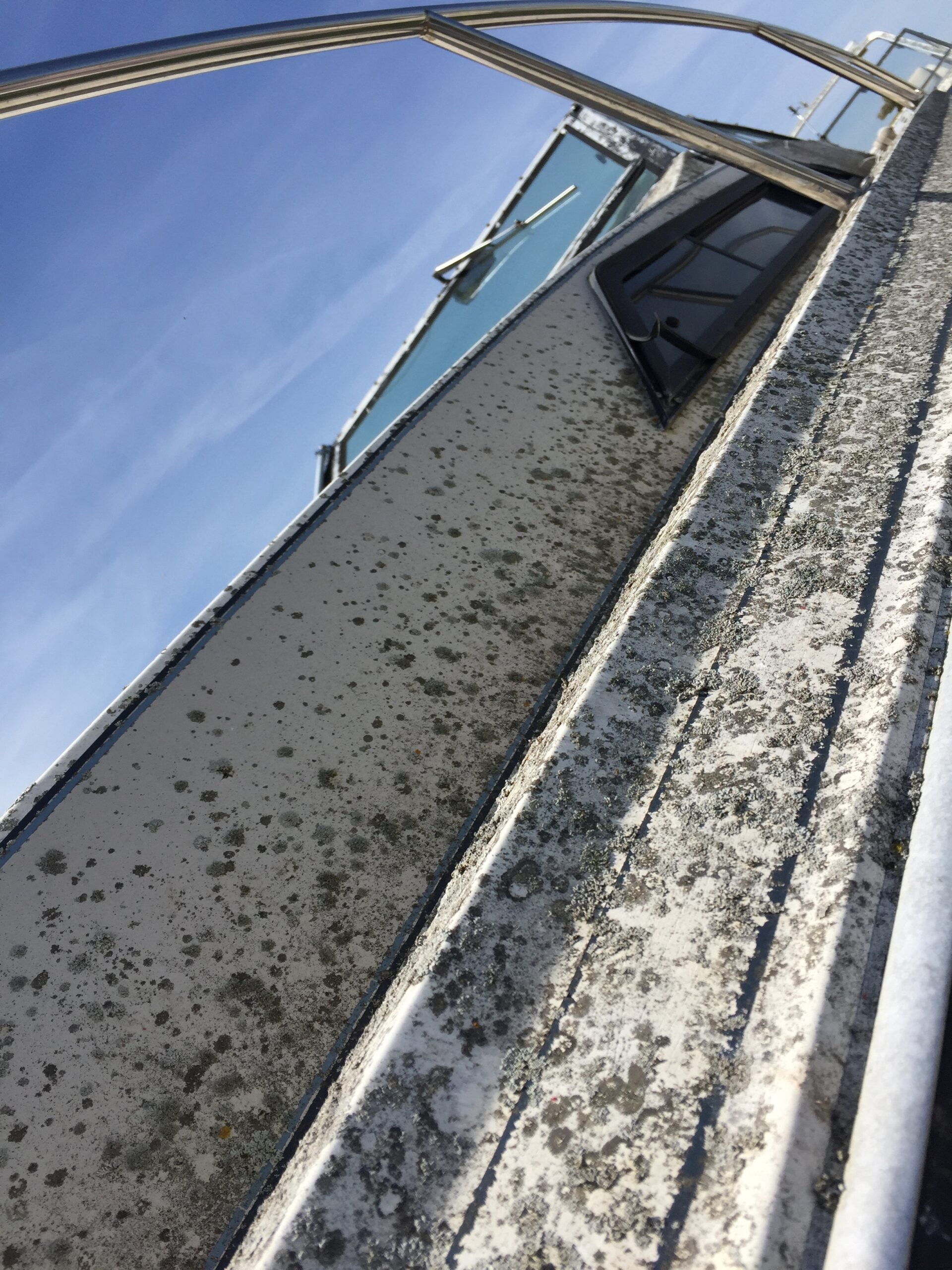
The Problem with Wisconsin's Extreme Climate
Living in an extreme climate is not very convenient for individuals who own many valuables, but have no place to store them except outside or in a crammed garage. Wisconsin is notorious for its extreme weather and unfortunately there is not much one can do to protect their possessions when they are forced to store them outside. There are two major problems with storing items outside. First, humidity levels during Wisconsin summers are on average 53-86%. These high humidity levels not only increase the likelihood that mold will grow on objects outside, but also increase the chance for most valuables to become damaged. Second, Wisconsin has large fluctuations in temperatures throughout the year and this also damages most items stored outside. It is important to understand how humidity and extreme temperatures can affect valuable items, so in this article I will explain risks associated with storing valuables in a non-climate controlled environment.
Options for storing valuables
Let’s be honest here, people want to save money and will attempt to cram everything they can into their garage. This seems like a good idea on the surface, but it actually can be quite risky for valuables. Not every garage is dehumidified and is regulated by a thermostat; in fact, most aren't. If a garage isn't big enough, then people move on to their next option - storing at a friend or family’s house. Storing your valuables at a friend or family's house is only asking for trouble. Your possessions are not safe from theft or damage from improper storage. Usually this type of storage is only temporary, given that most people would not want other people's stuff stored at their house. The next path that an individual could take would be non-climate controlled storage. A personal storage unit that is secure seems like a good option and it is, but not every item can withstand the high humidity levels or large fluctuations in temperature between summer and winter. Besides all these solutions to storing valuables, there is only one option that is absolutely safest and smartest and that is climate-controlled storage.
What is Climate controlled Storage?
Climate-controlled storage units have regulated temperatures and regulated humidity levels inside the unit. They protect valuables from humidity, extreme temperatures, flooding, dirt, dust, insects and rodents. Units can be inside a building or accessible from outside the building through a garage door, if you are wondering what the difference options are click here. Climate controlled storage units circulate air continuously throughout the building and this eliminates dust and debris from building up in the units.

Impact of Humidity on Valuables
Humidity creates moisture and when moisture latches on to an object or becomes trapped inside an environment that is damp or warm, mold and mildew begins to grow on items. Humidity starts mold growth, but also damages items in other ways: wooden furniture cracks and rots, leather furniture becomes discolored, electronics and appliances can rust, documents can fade, and many many more valuables are susceptible to damage from humidity. Humidity levels at 30-60% are optimal for most items and unfortunately, Wisconsin has average humidity levels at 53-86%. If you don't know if an items is susceptible to damage from humidity, we suggests that you look it up on Google. Humidity is a danger to items stored outside or in an environment not climate controlled, but the large fluctuations in temperature in Wisconsin are even more dangerous.

Impact of Fluctuating Temperatures on Valuables
Fluctuating temperatures are persistent all year in Wisconsin and it is a mystery as to what the weather will do. Temperatures fluctuating from freezing to warm cause a multitude of problems for equipment and other items. Large fluctuations in temperature can cause oxidization, cracking, rust, and noticeable weathering. When moisture is trapped in a non-climate controlled environment, moisture latches on to items and when temperatures reach freezing, the moisture freezes and causes parts to expand and crack. Freezing temperatures can damage electronics, break wooden furniture, and ruin collectibles such as wine, and much more. Very warm weather can cause documents, art, and photos to deteriorate and become less valuable. All of these problems can be devastating to an individual or a business.
Takeaway Message
Taking the smart approach to storing valuables is essential. The best way to do so is by storing your valuables in a safe and controlled environment. The lower the humidity is, the lower the risk of storing items either outside or inside. Humidity above 60 percent causes mold, mildew, rust, mites, and wood degradation. Moderate temperatures are best for storing in addition to the low humidity. Climate controlled storage units are more expensive than non-climate controlled units, but the benefits greatly exceed the costs in the long run. Be smart about storing your valuables and keep them in a climate controlled environment. Wisconsin is known for its humid and hot summers and freezing winters, don’t wait until it's too late to secure a climate controlled storage unit for your valuables. Click here to secure one of our new climate controlled units.

